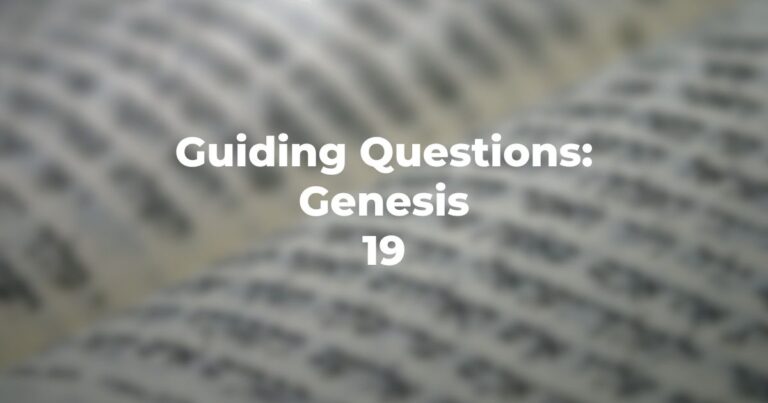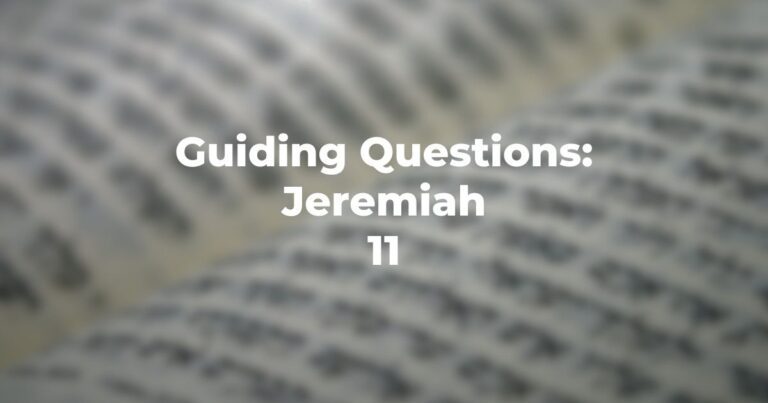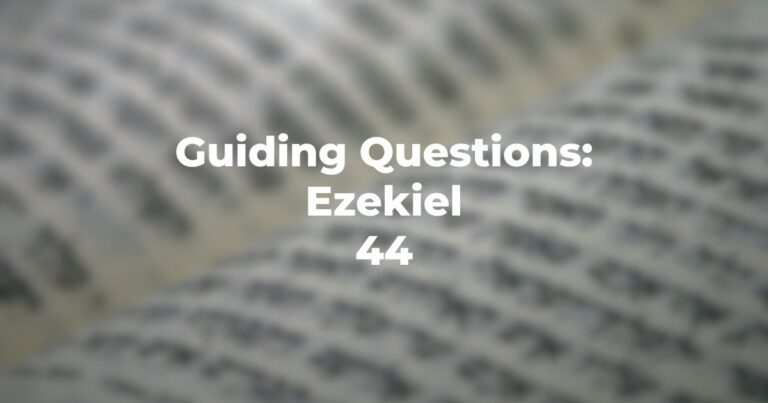- Of what precept in the TorahRefers to the first five books of the Hebrew Bible, the Tanakh, also called the Five Books of Moses, Pentateuch or the Hebrew equivalent, Humash. This is also called the Written Torah. The term may also refer to teachings that expound on Jewish tradition. Read more is Proverbs 11:1 reminiscent (see Leviticus 19:35)?
- What is meant by the hopes of the wicked man in Proverbs 11:7? Do they refer to his expectations during his lifetime or others’ expectations of him, as Rashi suggests?
- Does Proverbs 11:8 have more than one possible meaning?
- Why should the fate of the righteous and the wicked have an impact on an entire city (Proverbs 11:10-11)? Cf. Genesis 18:22-33.
- The modern JPS translation of Proverbs 11:14 is markedly different from the old version which reads: “Where no wise direction is, a people falleth; But in the multitude of counsellors there is safety.” Which version is preferable?
- Of what precept in the Torah is Proverbs 11:15 reminiscent (see Leviticus 19:16)?
- Compare Proverbs 11:16 and Proverbs 11:22, which speak about women, with the attitude towards women in previous chapters.
- Proverbs 11:24-26 offer a lesson in what traditional social value?
- Explain the phrase “inherit the wind” (Proverbs 11:29). [This phrase is the title of an acclaimed play. Both the title and the theme reflect the impact of the Bible on American culture. What is the theme of the play?]
Author
-

Exploring Judaism is the digital home for Conservative/Masorti Judaism, embracing the beauty and complexity of Judaism, and our personal search for meaning, learning, and connecting. Our goal is to create content based on three core framing: Meaning-Making (Why?), Practical Living (How?), and Explainers (What?).
View all posts




